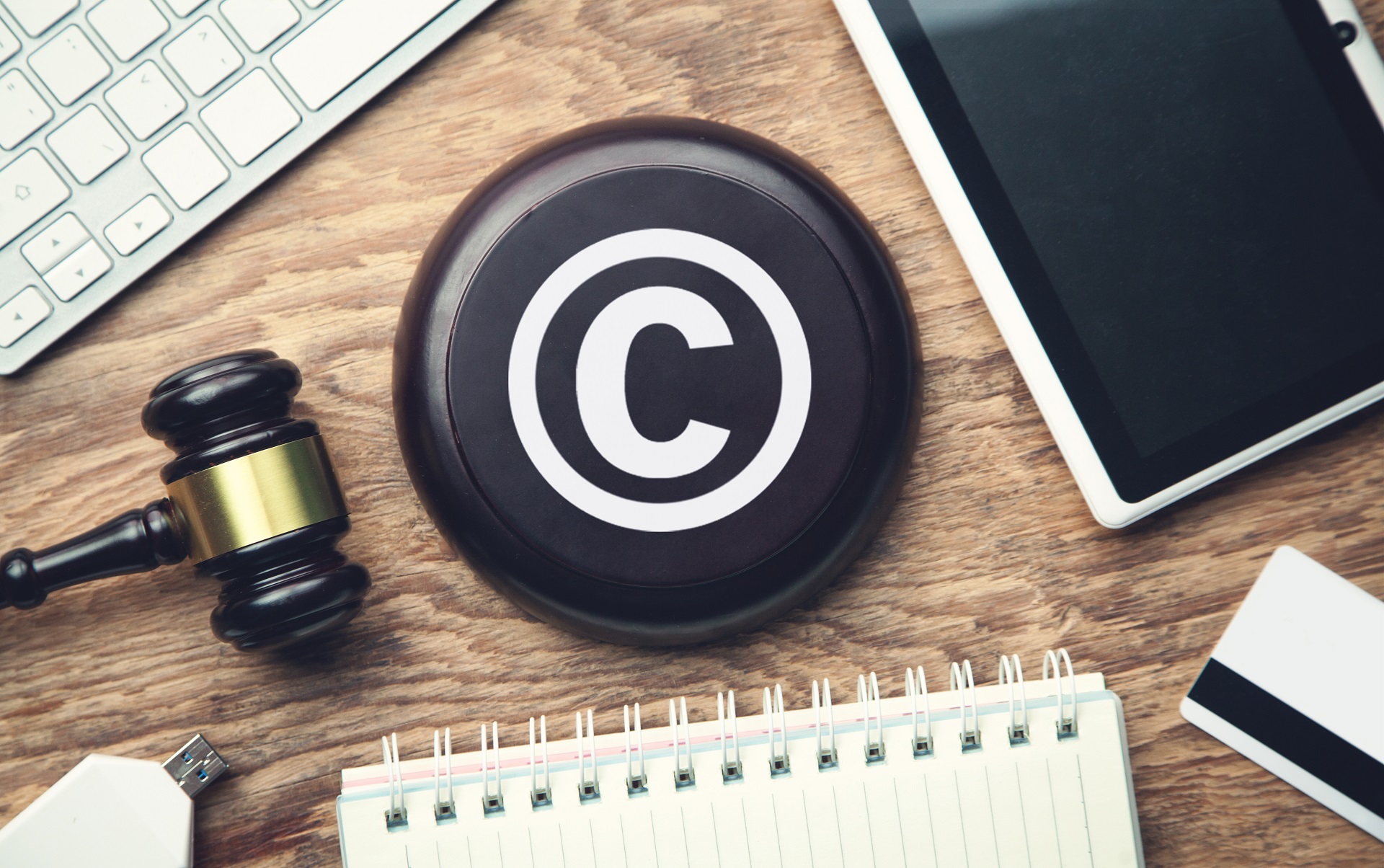As a legal professional, you’ve likely heard a lot of chatter about how Artificial Intelligence (AI) tools may be reinventing virtually every aspect of the landscape. Most recently, an attorney admitted to using ChatGPT to conduct legal research, resulting in a filing that included erroneous information and references to legal cases that did not exist. The attorney has since expressed deep regret over using this technology, stating that he will never use AI to “supplement” his legal research in the future “without absolute verification of its authenticity.” As every industry anticipates the impact of AI tools and technologies, it’s natural to wonder whether incorporating tools like ChatGPT into digital marketing efforts is worth the effort—will the benefits (i.e., saving time and money) outweigh the potential risks (i.e., factual inaccuracies, outdated or misleading information, etc.)? Moreover, recent concerns about the potential for generative AI content to violate copyright laws have ignited discussions among professionals across multiple sectors as they investigate the possible implications of these technologies. For now, law firms may want to hold off on relying too heavily on using AI generative tools when approaching their digital marketing strategies—at least until we understand the potential risks and benefits of these technologies more clearly.
Understanding How AI Generative Tools Work
First, it’s helpful to understand a bit more about how AI content-generating tools like ChatGPT work. Last fall, OpenAI launched ChatGPT, an AI tool allowing users to chat and ask questions. In response to a question, ChatGPT takes mere seconds to scan information across the internet and compiles it into reader-friendly content. While many search queries have yielded helpful results, some searchers have reported factual inaccuracies or outdated information in some of the responses ChatGPT provides. It’s important to note that this technology does not necessarily use the most up-to-date information (the initial version of ChatGPT could only access sites and data from 2017 and earlier), so it’s best to review the results carefully to identify any mistakes or incorrect details.
The Potential Benefits of AI Tools For Legal Marketing
Like professionals in several fields, attorneys have expressed interest in using AI-generative tools to produce client-friendly content for their websites, blogs, newsletters, and social media profiles. This exciting new breakthrough in being able to automate content creation may seem promising, especially for law firms hoping to update their blogs with fresh content more regularly (which, before tools like ChatGPT, required considerable time, focus, and effort). Using ChatGPT to compose several paragraphs about a legal service (i.e., personal injury law in Los Angeles) may save your law firm time and money, as the content will be generated in seconds and ready to post right away. While you are welcome to explore these types of uses, it’s best to review the AI-generated content carefully before posting it to your website or social media platform. In general, those who use tools like ChatGPT for these purposes report that they enjoy the speed and efficiency of creating content, as long as they take the time to review and edit the resulting content before giving it their final approval.
Recognizing the Limitations of AI in Content Generation
Of course, it’s especially important to understand the limitations and potential drawbacks of letting AI tools assume full responsibility for creating content for your law firm’s website, blogs, and written materials. In addition to possible factual inaccuracies, using AI to generate all of your content may put you at risk for posting biased, sensitive, or duplicated content. Since language models like ChatGPT learn and train using what already exists and appears on the internet, the content may reflect the biased language or viewpoints inherent in the sites and information it used to generate the content for your website or blog. In recent months, potential copyright concerns have arisen as well.
Privacy and Copyright Concerns and AI-Generative Tools
Since AI-powered content tools rely on the internet for information, how does this affect privacy concerns and copyright law? According to a recently released draft of guidelines from a concerned publishers’ trade association called Digital Content Next, “copyright laws protect content creators from the unlicensed use of their content, and the use of copyrighted works in AI systems are subject to analysis under copyright and fair use law.” The document proceeds to note that the “use of original content by [generative AI] systems for training, surfacing, or synthesizing is not authorized by most publishers’ terms and conditions, or contemplated by existing agreements.” Essentially, this group is sounding the alarm about how these new tools may violate existing copyright laws when drawing upon or sourcing original content to answer and compile responses to user questions or requests. The group’s SVP for government affairs articulated these concerns in a compact and compelling way, stating that “Publishers created this original content. They have a right to monetize it, and any sort of unauthorized use or it undermines their business model and is a violation of copyright law.”
So far, it’s unclear whether anyone is planning to take legal action against generative AI companies over copyright infringement or violations. For now, technology is evolving so rapidly that industries can only voice their concerns over potential issues as they wait to see what will happen. While companies like OpenAI appear open to discussing these concerns, they have yet to announce concrete plans for implementing regulations or protocols for addressing copyright issues with publishers or other concerned groups.
Proceeding With Caution
As you move forward with updating or redesigning your law firm’s digital marketing strategy, it’s helpful to approach generative AI tools with caution. They may help you shape the basic outline of a blog post or website, but it’s more likely that writing the content yourself will connect with your clients in more authentic ways. So far, AI content continues to lack the “human” element, producing results that just feel bland, vague, or “off” in some way. Writing content yourself is much more likely to engage potential clients through your warm and professional word choices, tone, and voice.
Give the dedicated and friendly LegalRev team a call today at (800) 893-2590 to discuss your law firm’s digital marketing goals.





